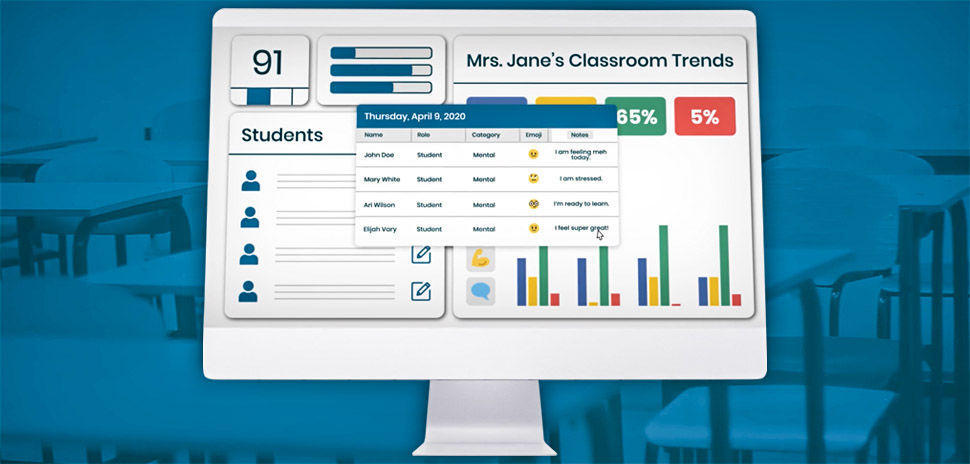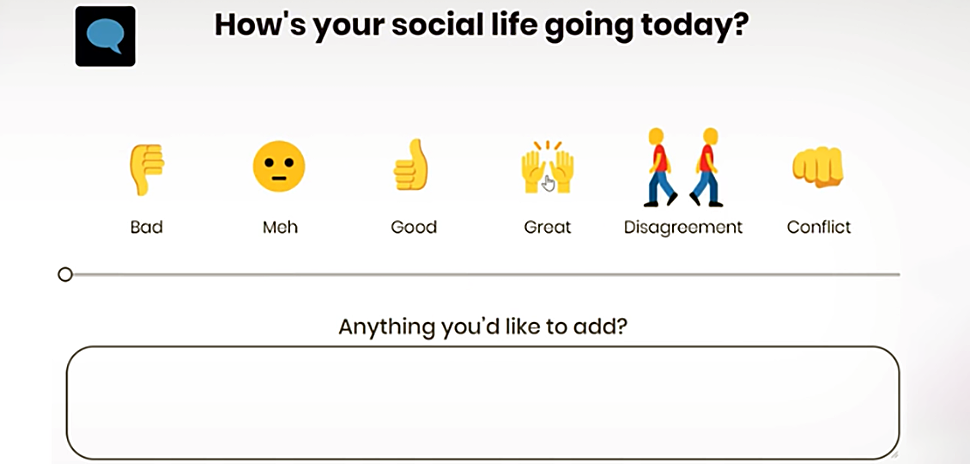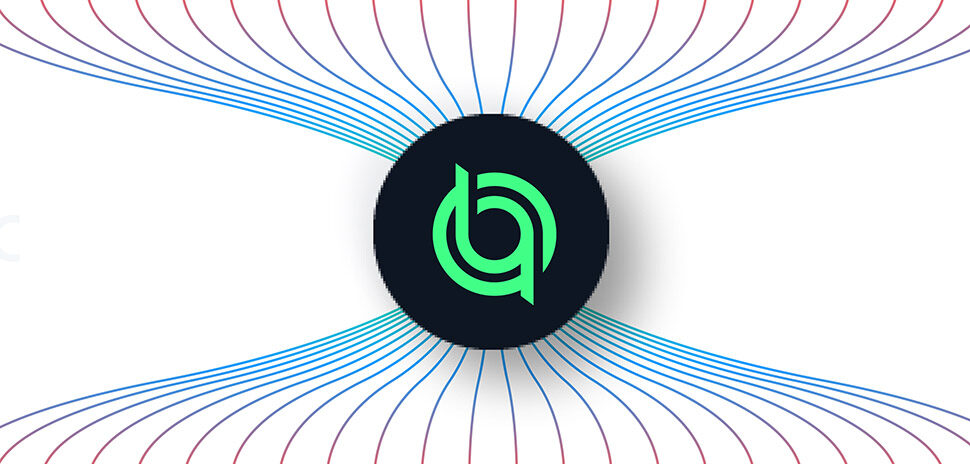Student suicides. Childhood hunger. Kids with hidden challenges who fall through the cracks. Schools have struggled with these issues for years. Then COVID added remote learning and social isolation, creating a national crisis.
It would be facile to say “there’s an app for that.” But now there may actually be one: It’s called Rhithm, an emojified bio-social assessments app that’s already helping more than 100,000 students and staff in Texas, Arkansas, and Alabama.
Rhithm, a Dallas social-emotional learning and mental health startup led by co-founders Josh Knutson and Jake Gannon, just raised $4 million in a seed round led by Reach Capital and joined by co-investors SJF Ventures, Red House Education, and Edovate Capital.
Knutson is a licensed counselor who’s worked with kids facing complex trauma.
“I co-founded Rhithm because I saw the need for a mental health SEL solution that could be simple, efficient, and scalable,” he said in a statement. “(A solution) that wasn’t ‘one more thing’ for teachers; that provided real, useful data; that could be a tier 1, tier 2, and tier 3 intervention all wrapped into one; that could simplify this whole process so that we could once and for all solve this problem.”
Investor takes a personal interest
Reach Capital Venture Partner Jennifer Wu has a personal interest in Rhithm. Her company has tracked youth mental health trends since 2017, including a recent CDC report about a rash of suicides in the Palo Alto school district. Some of the suicides actually occurred on train tracks near Wu’s home, she revealed in a Medium article about Rhithm.
According to Wu, when she first met with Knutson she was intrigued by his question, “How would things shift if teachers and other adults knew what therapists know about their students?” When Knutson showed her a demo of the Rhithm app, she was sold on its potential immediately.
The app works like this: When a class starts, whether remotely or in person, students check in by using the app. With just a few clicks they reveal how they’re feeling by selecting emojis that reflect their mental, energy, emotional, physical, and social states.
Students are then given a short activity that suits how they feel. “If students are agitated, they may be guided through a breathing exercise,” Wu writes. “If low on energy, a stretching routine. The goal is to help them feel better in the moment and be more ready to learn. Over time, students develop self-awareness and self-management skills and build a toolkit of coping strategies they can use in any context.”
The Rhithm app is based on neurophysiology research. So while the assessment looks simple, it reveals a great deal. And it’s already making a big difference in classrooms.

Video still: Rhithm
Making a difference in schools
At a Fort Worth middle school, “within the first four days of use, school staff discovered students who were struggling and were able to intervene. They connected a family of a student cutting himself with community resources. They connected another student dealing with anxiety and depression with a school intervention specialist. They connected a student feeling isolated with a buddy in class and at lunchtime,” Wu writes.
One teacher noted in feedback about Rhithm, “You set up the alerts and it has let me know about a few situations where kids were hungry for 3 days in a row or angry for 5 days.”
Less than a year after its launch, Rhithm is now used by more than 100,000 students and staff in more than 130 school districts, Wu writes. “And already it’s created unique sets of data and insights that can illuminate broader trends across a region or state.”
Data insights for K-12 school districts
The startup’s demonstration video shows their platform is more than just an assessment tool. The company’s Rhithm Insights data application is designed exclusively for school district and state leaders, enabling them to “ensure their social-emotional and student well-being resources are being deployed most effectively, and to explore advanced analytics to uncover previously invisible trends.”
“Rhithm provides students with an opportunity to communicate and to continue to develop social-emotional skills, no matter what setting they’re in,” the company says, “and provides school leaders with unparalleled access to the most important data at the most important time, so they can ensure that no one falls through the cracks.”
Note: This article was updated to reflect the correct name of the Medium article’s author.
![]()
Get on the list.
Dallas Innovates, every day.
Sign up to keep your eye on what’s new and next in Dallas-Fort Worth, every day.


































































